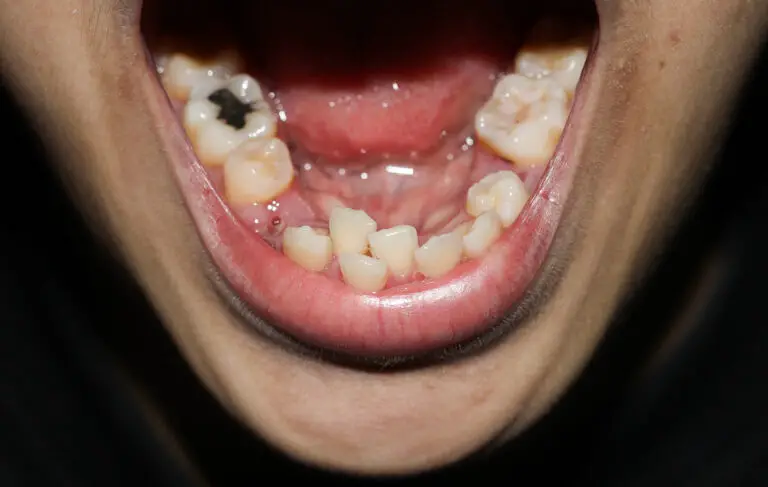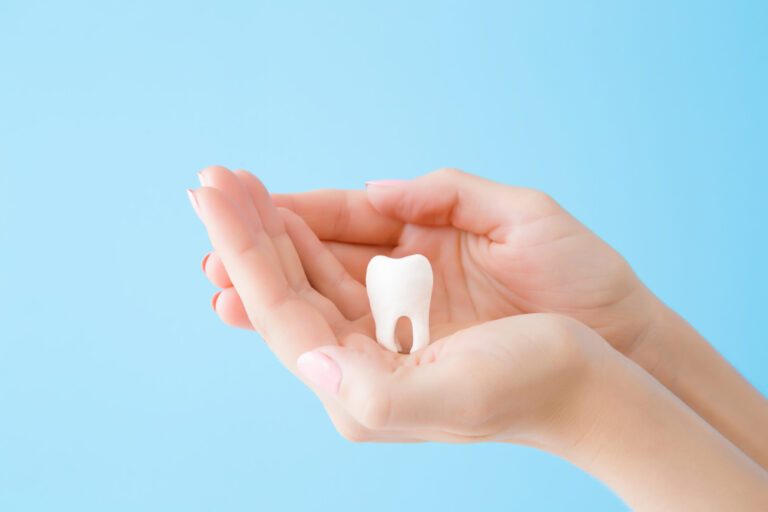If you’re experiencing pain or discomfort in your mouth, you may be wondering if you can get your wisdom teeth removed at your local dentist. The answer is, it depends. While some dentists are trained to perform wisdom teeth extractions, others may refer you to an oral surgeon for the procedure.
If your wisdom teeth are impacted or causing problems, your dentist may recommend that you have them removed. Wisdom teeth are the last set of molars to emerge, usually in the late teens or early twenties. Because they are located at the back of the mouth and can be difficult to clean, they are more prone to decay and infection than other teeth. In some cases, they may also push against other teeth, causing crowding and misalignment.
If you’re considering getting your wisdom teeth removed, it’s important to talk to your dentist about your options. They can evaluate your situation and determine whether you’re a good candidate for the procedure. If they don’t perform wisdom teeth extractions themselves, they can refer you to a qualified oral surgeon who can help you achieve optimal oral health.
Understanding Wisdom Teeth
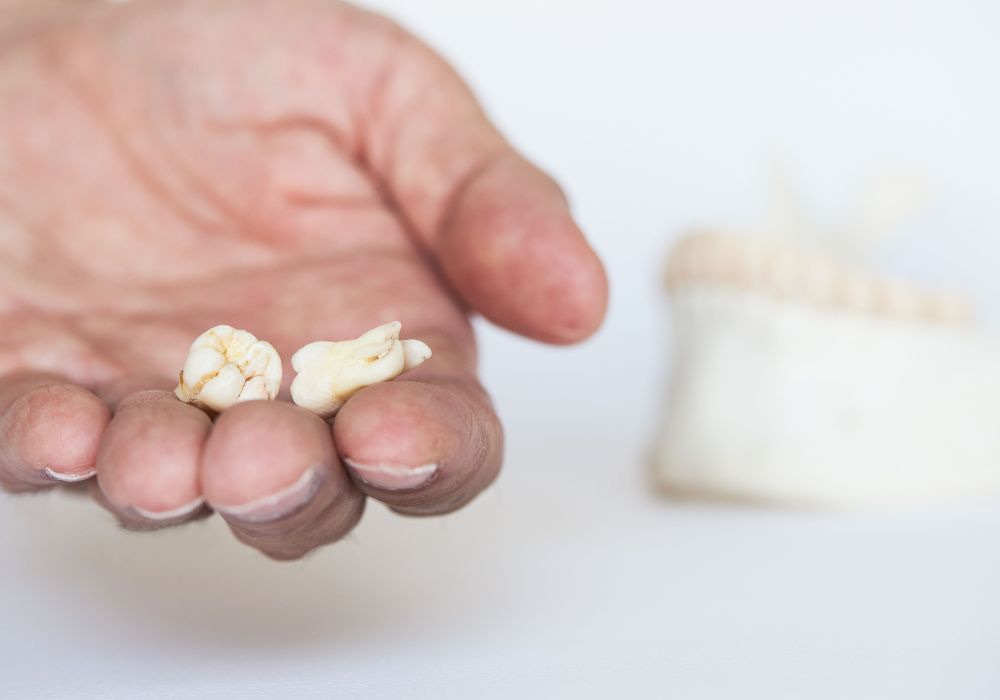
Wisdom teeth are the third molars that usually emerge between the ages of 17 and 25. They are located at the back of your mouth and are the last teeth to appear. Most people have four wisdom teeth, but some may have fewer or more.
While wisdom teeth can be useful for chewing, they can also cause problems if they don’t grow properly. In some cases, they may grow sideways, partially emerge, or remain trapped beneath the gum line. This can lead to pain, infection, and damage to nearby teeth and gums.
If you experience any of these symptoms, your dentist may recommend that you have your wisdom teeth removed. This is a common procedure that can be done at your local dentist’s office or by an oral surgeon.
Before the procedure, your dentist will take X-rays to determine the position of your wisdom teeth and the best way to remove them. They will also discuss the type of anesthesia that will be used to keep you comfortable during the procedure.
During the procedure, your dentist will make an incision in your gum tissue to access the wisdom tooth. They may need to remove some bone around the tooth or cut it into smaller pieces to make it easier to remove. Once the tooth is removed, your dentist will clean the area and stitch up the incision.
After the procedure, you may experience some swelling and discomfort for a few days. Your dentist will provide you with instructions on how to care for your mouth and manage any pain. It’s important to follow these instructions carefully to ensure a speedy recovery.
In summary, wisdom teeth are the third molars that usually emerge between the ages of 17 and 25. While they can be useful for chewing, they can also cause problems if they don’t grow properly. If you experience any symptoms, your dentist may recommend that you have your wisdom teeth removed. This is a common procedure that can be done at your local dentist’s office or by an oral surgeon.
Local Dentist: Roles and Limitations
If you are experiencing discomfort or pain in your mouth, your local dentist may recommend that your wisdom teeth be removed. Wisdom teeth are the third molars at the back of your mouth, and they can cause problems if they become impacted or don’t have enough room to grow. However, it’s important to understand the roles and limitations of your local dentist when it comes to wisdom teeth removal.
General Dentistry
Your local dentist can perform simple wisdom teeth extractions if the teeth have fully erupted and are not impacted. This means that the teeth have grown in completely and are positioned correctly, biting properly with their opposing teeth. Your dentist can also perform extractions if the teeth are partially erupted, but this may require a referral to an oral surgeon.
During the procedure, your dentist will administer a local anesthetic to numb the area around the tooth. They will use special tools to loosen the tooth and remove it from the socket. After the tooth is removed, your dentist will place gauze over the extraction site to help stop the bleeding.
Special Cases
If your wisdom teeth are impacted or if you have other complicating factors, your local dentist may refer you to an oral surgeon for extraction. Impacted wisdom teeth are teeth that have not fully erupted and are trapped beneath the gum line. This can cause pain, infection, and other dental problems.
Oral surgeons have specialized training and equipment to perform more complex extractions, including impacted wisdom teeth. They may use sedation or general anesthesia to help you relax during the procedure.
It’s important to note that not all dentists are trained to perform wisdom teeth extractions, and not all dental insurance plans cover the procedure. Before scheduling an appointment with your local dentist, be sure to check with your insurance provider to see what is covered.
In summary, your local dentist can perform simple wisdom teeth extractions if the teeth have fully erupted and are not impacted. If your wisdom teeth are impacted or if you have other complicating factors, your dentist may refer you to an oral surgeon for extraction. It’s important to understand the roles and limitations of your local dentist when it comes to wisdom teeth removal.
Procedure of Wisdom Teeth Removal
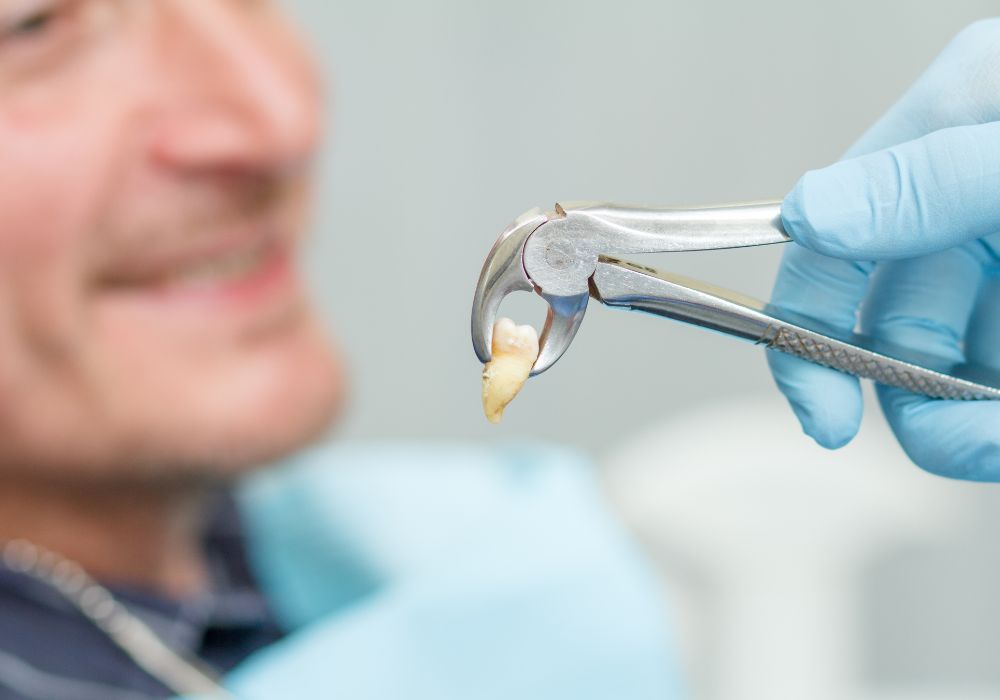
If you’re experiencing pain or discomfort due to your wisdom teeth, your local dentist may recommend a wisdom teeth removal procedure. This common oral surgery involves the extraction of one or more wisdom teeth. Here’s what you can expect during the procedure.
Initial Examination
Before the actual extraction, your dentist will examine your mouth and take X-rays to determine the position and shape of your wisdom teeth. This examination will help your dentist determine the best course of action for your extraction procedure.
Actual Extraction
On the day of your extraction, your dentist will numb your mouth with a local anesthetic to ensure that you don’t feel any pain during the procedure. There are two main types of wisdom teeth extraction: simple and surgical.
During a simple extraction, your dentist will use forceps to remove the tooth from your mouth. This type of extraction is typically used for wisdom teeth that have fully erupted and are visible in your mouth.
If your wisdom teeth are impacted or not fully erupted, your dentist may recommend a surgical extraction. During this procedure, your dentist will make a small incision in your gum to access the tooth and remove it. In some cases, your dentist may need to remove the tooth in pieces to make the extraction easier.
After the extraction, your dentist will provide you with detailed instructions on how to care for your mouth as it heals. It’s important to follow these instructions closely to ensure a smooth and speedy recovery.
Overall, wisdom teeth removal is a common and relatively simple procedure that can help alleviate pain and discomfort caused by your wisdom teeth. If you’re experiencing any issues with your wisdom teeth, talk to your local dentist to see if a wisdom teeth removal procedure is right for you.
Factors to Consider
When deciding whether to get your wisdom teeth removed, there are several factors to consider. Two important factors to keep in mind are cost and recovery time.
Cost
The cost of wisdom teeth removal can vary depending on a variety of factors, including the location of the dentist, the severity of the extraction, and whether or not you have dental insurance. On average, the cost of removing a single wisdom tooth can range from $75 to $200, while the cost of removing all four wisdom teeth can range from $300 to $1000.
If you have dental insurance, it’s important to check your coverage before scheduling your appointment. Many insurance plans cover at least a portion of the cost of wisdom teeth removal, but it’s important to understand your specific coverage to avoid any unexpected expenses.
Recovery Time
The recovery time after wisdom teeth removal can vary depending on a variety of factors, including the number of teeth removed, the difficulty of the extraction, and your overall health. In general, most people will experience some discomfort and swelling for the first few days after the procedure, but this should gradually improve over the course of a week or two.
During the recovery period, it’s important to follow your dentist’s instructions carefully to ensure proper healing. This may include taking pain medication, using ice packs to reduce swelling, and avoiding certain foods and activities that could interfere with the healing process.
Overall, while the cost and recovery time associated with wisdom teeth removal may seem daunting, it’s important to prioritize your oral health and work with your dentist to develop a plan that works for you.
Alternatives to Local Dentist
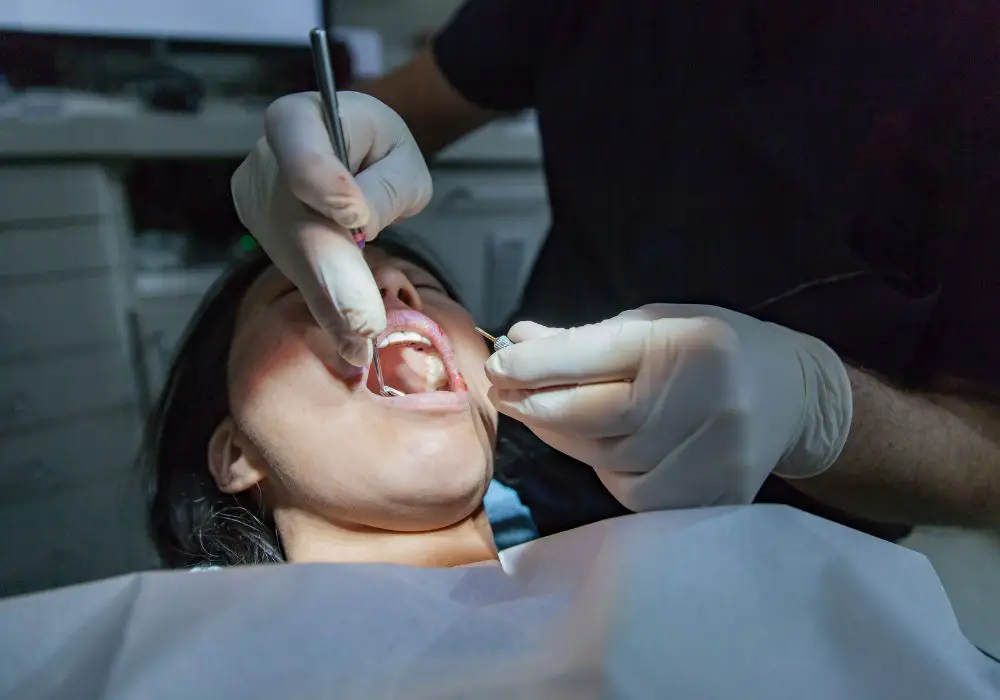
If you’re not comfortable getting your wisdom teeth removed at your local dentist, there are other options available to you. Here are a few alternatives you can consider:
Oral Surgeons
Oral surgeons are specialists who are trained to perform complex dental procedures, including wisdom teeth removal. They have more experience and expertise in this area than general dentists, which can make them a better choice for some patients.
When choosing an oral surgeon, make sure to do your research and find one who is experienced, licensed, and has a good reputation. You can ask for recommendations from your regular dentist or check online reviews to help you make your decision.
Hospital Dental Services
Another option is to get your wisdom teeth removed at a hospital dental service. These services are typically staffed by dental professionals who are trained to perform a wide range of procedures, including wisdom teeth removal.
One advantage of using a hospital dental service is that they have access to more advanced equipment and facilities than most dental practices. This can be especially important if you have a complex case or require sedation during the procedure.
To find a hospital dental service in your area, you can check with your local hospital or search online for options near you.
Remember, regardless of where you choose to get your wisdom teeth removed, it’s important to follow your dentist or oral surgeon’s instructions carefully to ensure a smooth and successful recovery.
Frequently Asked Questions
How long does wisdom teeth removal take?
The length of time it takes to remove wisdom teeth varies depending on the complexity of the case. Simple extractions can take as little as 20 minutes, while more complicated cases can take up to an hour or more.
What is the recovery time for wisdom teeth removal?
Recovery time for wisdom teeth removal varies from person to person. Most people experience some swelling and discomfort for the first few days after the procedure. You may need to take a few days off work or school to rest and recover. It can take up to two weeks to fully recover from wisdom teeth removal.
Can you get your wisdom teeth removed with just local anesthesia?
Yes, it is possible to get your wisdom teeth removed with just local anesthesia. This is a common option for simple extractions. However, more complicated cases may require general anesthesia or sedation.
What do you do when your wisdom teeth hurt unbearable?
If your wisdom teeth are causing unbearable pain, you should contact your dentist or oral surgeon as soon as possible. They may recommend pain relievers or antibiotics to help manage the pain and prevent infection. In some cases, they may recommend removing the wisdom teeth.
What are the benefits of keeping wisdom teeth?
There are no real benefits to keeping wisdom teeth, as they can cause a number of dental problems. However, in some cases, if the wisdom teeth are healthy, fully erupted, and properly positioned, they may not need to be removed.
What are the disadvantages of removing wisdom teeth?
Removing wisdom teeth can cause some discomfort and swelling, and it may take a few days to fully recover. In rare cases, there may be complications such as nerve damage or infection. However, these risks are generally low and can be minimized by choosing an experienced dentist or oral surgeon.

